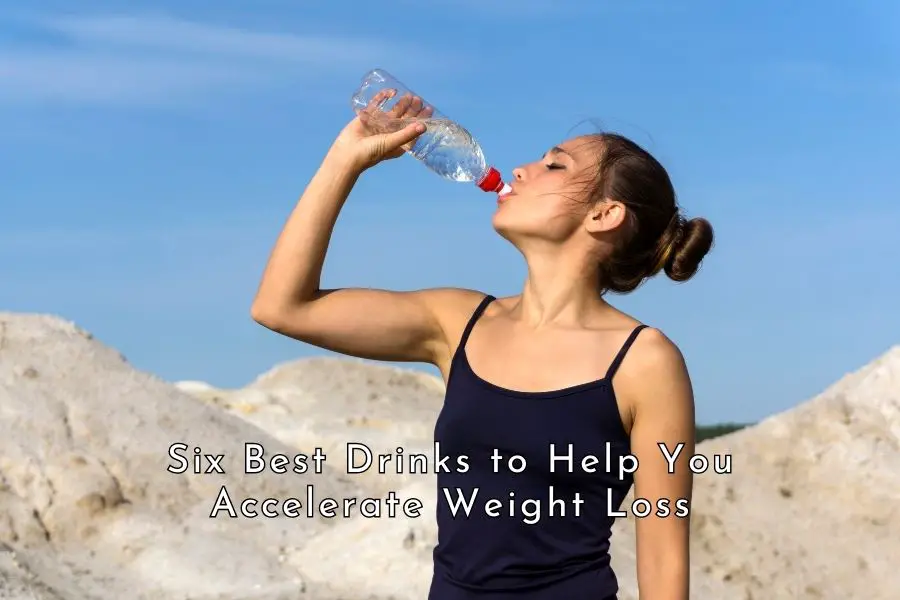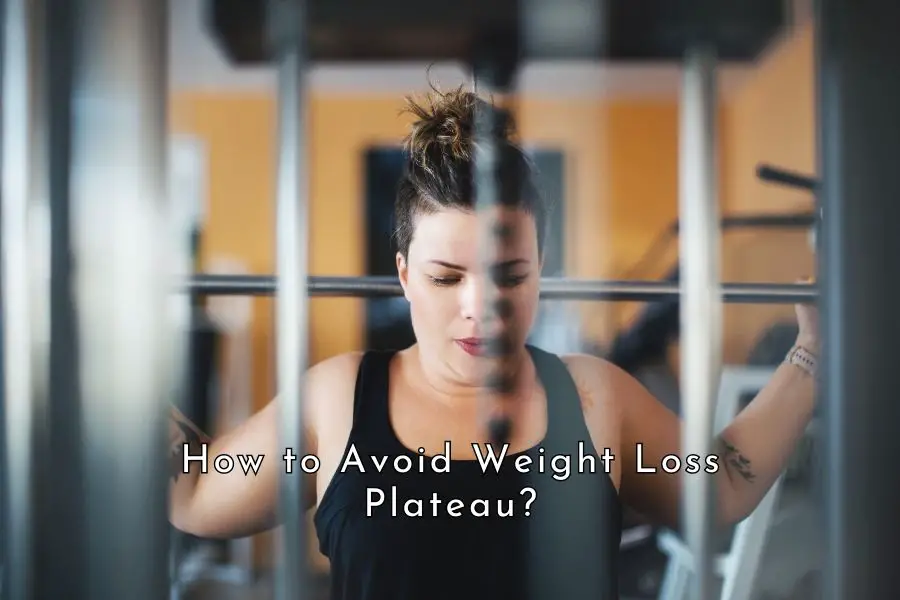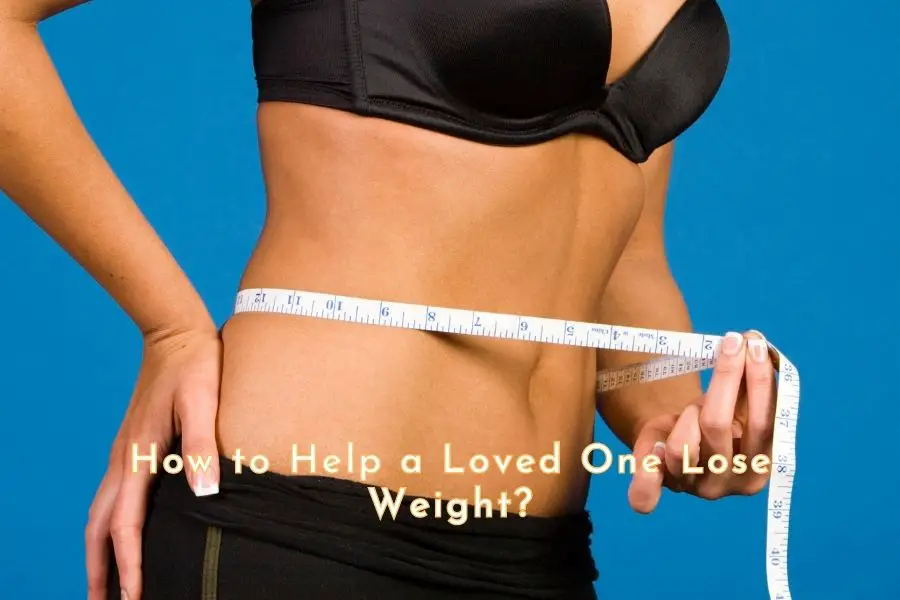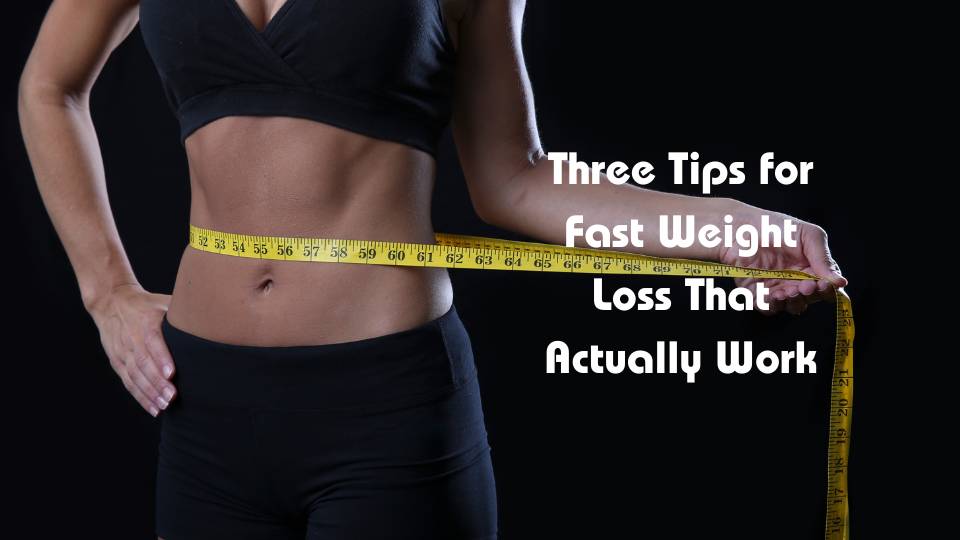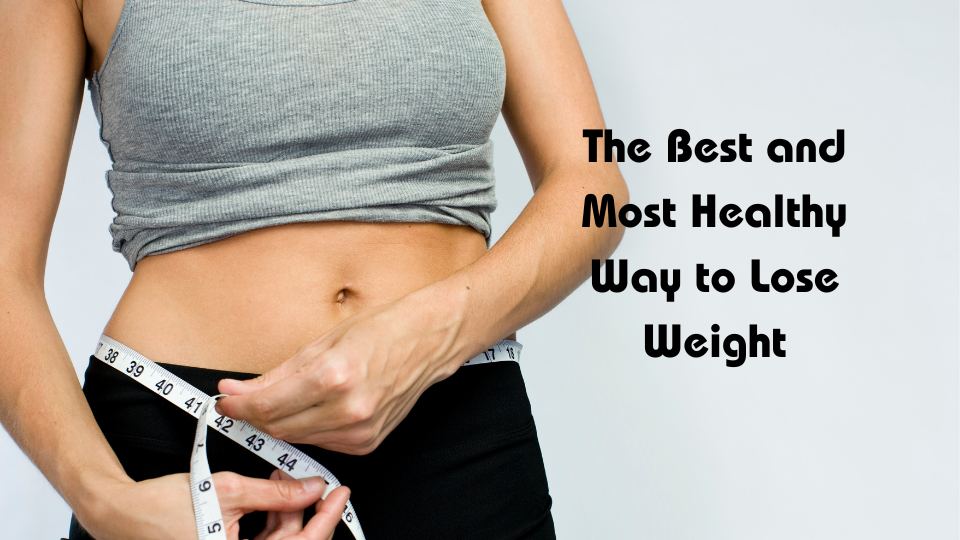In addition to a healthy diet, incorporating beverages that are calorie-free, low in calories, or have a high satiety level can significantly aid in rapid weight loss. This post provides you with a list of the best drinks to support your weight loss journey.
1. Water is the best drink to help you lose weight
Why water?
The best drink for weight loss is water. If you want to be really aggressive with weight loss, this is the only thing you should drink.
Water is not only crucial for sustaining life, but it also contains zero calories. Approximately 60% of the adult human body consists of water, making it a vital component of most body parts. It plays a critical role in the production of neurotransmitters and hormones within the brain. Moreover, water facilitates the delivery of oxygen throughout the body, maintains moisture in mucosal membranes, supports cellular growth and reproduction, lubricates joints, eliminates waste, regulates body temperature, and performs numerous other essential functions. [1]
Furthermore, research suggests that water can contribute to weight loss through several mechanisms, including: [2]
- Appetite reduction: Drinking water before meals may help lower appetite, leading to reduced calorie intake.
- Increased metabolic rte: Adequate water consumption can boost metabolic rate, potentially enhancing calorie burning.
- Improved decision making: Proper hydration has been associated with better decision-making regarding food choices and stress reduction.
- Fat burning support: Staying hydrated promotes efficient fat metabolism.
Considering all these factors, water stands out as an indispensable component of any weight loss plan. So, when it comes to shedding excess weight, make water your go-to beverage.
How much water should you drink in a day?
Water requirements vary among individuals due to factors such as gender, body size and composition, health conditions, diet, level of physical activity, temperature, and environment. It is important to let your body guide you and drink according to your thirst.
The widely known recommendation of drinking eight 8-ounce glasses of water per day, also known as the 8×8 rule, lacks scientific evidence. A study conducted in 2002 aimed to identify the origin of this advice but found no scientific studies supporting it. Additionally, the study’s author concluded that large amounts of water are not necessary based on surveys of food and fluid intake from healthy individuals published in peer-reviewed journals. These individuals were presumed to be healthy and not overtly ill. [3]
Interestingly, The National Academies of Sciences, Engineering, and Medicine recommends an even higher water intake for adults from all beverages and food sources. The average daily water intake suggested by these organizations is about 2.7 liters (91 ounces) for women and about 3.7 liters (125 ounces) for men. However, it is important to note that this is just an average, and individual needs can vary significantly based on the aforementioned factors. Therefore, it is best to listen to your body and let it guide your hydration needs. [4]
What is the best water to drink?
If you can afford and have access to, the best water to drink would be mineral water and spring water. However, if these options are not available, plain tap water is perfectly suitable.
Below are various types of water that are commonly found in retail outlets:
- Spring water: Bottled from natural springs, where underground water emerges through an opening in the land surface. It passes through rocks, potentially containing trace minerals. Commercially bottled spring water is treated to remove impurities while retaining beneficial minerals [5, 6]
- Mineral water: Sourced from mineral springs, mineral water must contain at least 250 parts per million total dissolved solids, derived from natural sources without any added minerals. It must adhere to regulations set by the Food and Drug Administration (FDA) [7]
- Alkaline water: Alkaline water typically has a pH level of 8 to 9, compared to regular tap water with a pH around 7.5. Because of its high alkaline level, there are claims that alkaline water neutralize acid in your bloodstream. However, there is little evidence to support such claims. [8]
- Sparkling water: This is water that has been infused with carbon dioxide gas under pressure. Some sparkling water can have added minerals, sugar, salt or artificial sweeteners for taste. There is some evidence that sparkling water can have erosive effect on tooth enamel due to its acidity. [9, 10]
- Distilled water: Collected by condensing the vapor of boiled water, distilled water lacks impurities and minerals, resulting in a very neutral taste compared to spring water and tap water.
- Filtered water. This is usually tap water that has gone through a filtration system that removes puritans such as chlorine, fluoride, pesticides, herbicides, nitrates, other chemicals and bacteria.
- Tap water. Tap water comes from underground or surface and has been filtered and disinfected to make it safe to drink. Sometimes fluoride is also added to prevent tooth decay. However, not all impurities can be removed.
Considering the above options, spring water and mineral water are generally considered the best choices. Alkaline water is okay too but personally I would stay away from sparkling and distilled water.
If you can’t afford mineral water, spring water, or alkaline water, tap water or filtered water is perfectly fine. You can of course drink bone broth regularly to compensate for its lack of mineral content.
2. Bone broth is healthy, low in calories and supportive of weight loss
Bone broth is great for weight loss due to its low calorie content and nutrient density.
Bone broth is rich in nutrients such as collagen, gelatin, glycine, glycosaminoglycans, glutamine, proline, and minerals. These nutrients contribute to various health benefits, including gut healing, improved digestion, enhanced joint and bone health, reduced fatigue, support for skin, hair, and nail health, better mood and sleep, and strengthened immune function. [11]
To make bone broth, you can follow this straightforward recipe: Super easy carnivore bone broth recipe.
If you prefer a broth with very few calories, you can skim off the fat that floats to the top or refrigerate the broth overnight and remove the solidified fat layer from the surface. This method allows for a lower-calorie broth while still retaining its nutritious properties.
3. Protein shakes are okay to have while trying to lose weight
Protein shakes are okay to have when you are trying to lose weight because they are high in proteins, therefore, have a high satiety level. They also support muscle synthesis which helps increase the basal metabolic rate.
There is also evidence suggesting that protein supplements may enhance muscle mass and performance. Increasing muscle mass will have a positive effect on the basal metabolic rate and support weight loss. [12, 13]
However, they should be consumed in moderation because the protein powder used to make them is a form of processed protein and can contain added sugar, artificial flavor, sweeteners, and other chemicals. Please read the label carefully and choose one with as few ingredients as possible (e.g. grass-fed whey protein concentrate, natural flavorings, and natural sweeteners).
While protein shakes can be helpful, it is essential to prioritize whole foods as your main and best sources of protein. Fresh meat and raw milk are excellent options for obtaining high-quality proteins.
One way you can use protein shakes to accelerate weight loss is to replace the last meal of the day with a protein shake. Because you are likely to be not physically active towards the end of the day and proteins can make you feel full and suppress hunger, this meal replacement can be done without much difficulty.
4. Lemon water is refreshing and low in calories
Lemon water is refreshing and great to have when you are trying to lose weight because lemon has very few calories. Lemon is also rich in vitamin C and has some potassium and vitamin B6 and magnesium.
Just add the juice of a quarter of a lemon to a glass of water and you will have a nice refreshing drink.
However, consuming too much lemon juice just because it is low in calories is not a good idea. Lemon juice is naturally acidic and drinking it too much and too often will cause tooth erosion. [14]
It’s best to consume lemons in moderation, use it as a flavor for your water only.
If you do like to drink it regularly, use a straw to protect your teeth.
5. Fruit infused water are refreshing and low in calories
It’s best to avoid most fruits while you are trying to lose weight because most of them are high in sugar (please check out this post for a list of low sugar fruits and how much you should consume while trying to lose weight).
However, fruit-infused water is great to have for weight loss because it is low in calories.
You can make it by simply adding a few slices of fruit to a glass jar, add some fresh mint leaves or basil leaves and chill the jar for a few hours in the fridge.
Drink fruit-infused water for hydration or when you feel like reaching for a snack, it has a few calories at most while many snack bars can be over 100 calories per serving.
6. Herbal teas are low in calories and provide variety
Herbal teas are good for weight loss because they are low in calories. They also can add variety to your drink choices.
The term ‘herbal teas’ refers to drinks made from brewing leaves, flowers, or roots of plants, apart from the tea plant (Camellia sinensis).
There are many kinds of herbal teas, some common ones are ginger, lemon, chamomile, peppermint, rooibos, hibiscus, rosehip, dandelion root, cinnamon, lemongrass, fenugreek, stinging nettle, and echinacea.
There are many claims of health benefits of herbal teas and they are often used as home remedies for various issues from calming effects and mood-lifting or to treating cold, cough, and sleeping difficulty.
Some observational studies suggest there may be associations between herbal tea consumption and a reduced risk of liver and thyroid disease. Because observational studies can only identify associations, and can’t prove causation, we don’t know if these health benefits are due to herbal teas or other related lifestyle factors. [15]
Herbal teas have anti-nutrients, however, they do not contain caffeine which interferes with the proper functioning of your brain and is highly addictive. [16]
For the above reasons, in my opinion, it is okay to have herbal teas occasionally to add variety to your beverage range.
It would be good if you can rotate them regularly rather than just drink a large quantity of one type. As mentioned above, herbal teas would have plant anti-nutrients, rotating them would avoid the risks of accumulating a particular kind of plant toxin and give your body time to process it.
Some people advocate black tea and black coffee to support weight loss. If you have been drinking black tea and coffee and don’t want to complicate things, it is fine to keep drinking them until you reach your weight goal. However, caffeine is a psychoactive stimulant that stimulates the central nervous system, disrupts your sleep, causes anxiety, increase heart rate and blood pressure, and interfere with nutrient absorption. Therefore, it is best to quit tea and coffee when you find the right time to do so.
Conclusion
In summary, when you are trying to lose weight, the best drink is water, it is essential for life and has no calories.
A small cup of bone broth a day is nutritious and low in calories if you skim off the fat on top.
Other drinks like lemon juice, fruit-infused water, protein shake, and herbal teas can be consumed in moderation and add variety to your drink choices.
Other posts you might be interested in:
Three Science-Backed Strategies for Fast Weight Loss
The Best and Most Healthy Way to Lose Weight and Keep It Off
Can You Be Overweight or Obese and Healthy at the Same Time?
What Is the Best Diet for an Obese Person to Lose Weight?
Best Exercises to Help an Obese Person Lose Weight
Best Fruits for Weight Loss and How Much You Should Eat
Drinks You Should Best Avoid When Trying to Lose Weight
Disclaimer: The information in this post is for reference purposes only and is not intended to constitute or replace professional medical advice. Please consult a qualified medical professional before making any changes to your diet or lifestyle. Please check out our disclaimer for more detail.

